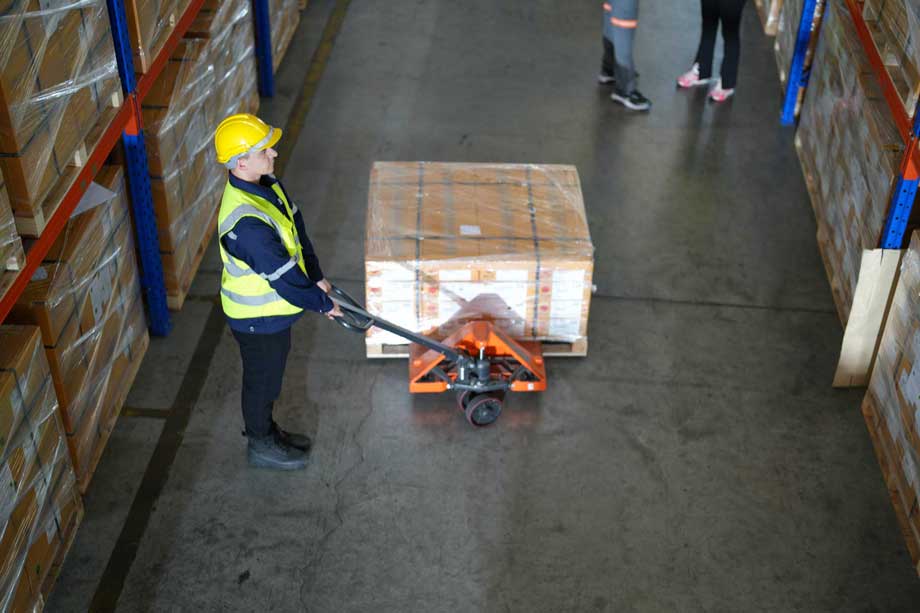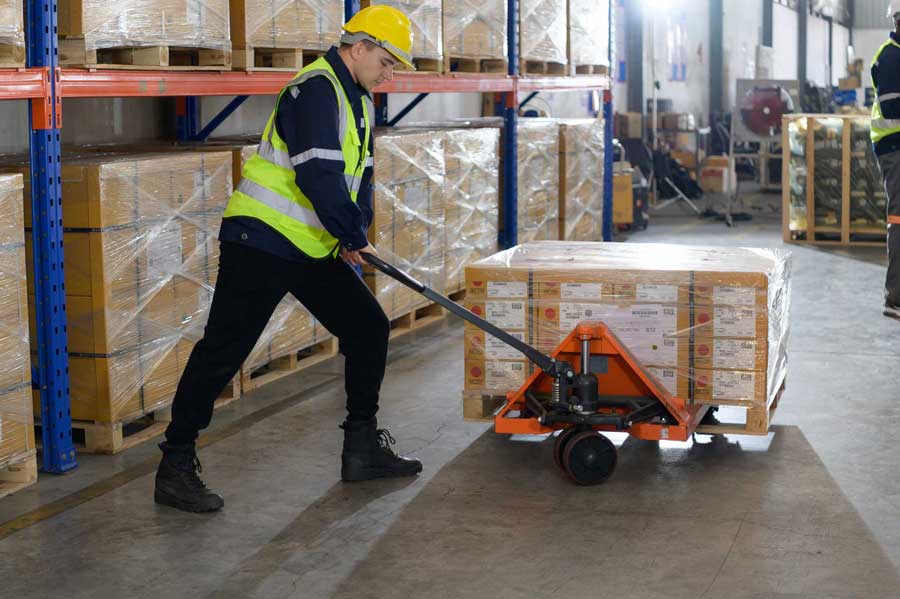- Safety Consultancy
- Online Training
Generic Courses
Online Training
- Safety Training
- ISO Standards
- Client Activities & Resources
- Contact
At Compliplus, we are a group of highly skilled and experienced safety consultants who are passionate about health and safety consulting. Our primary goal is to make workplaces safer through innovative solutions for organisations.
GENERIC COURSES
At Compliplus, we are a group of highly skilled and experienced safety consultants who are passionate about health and safety consulting. Our primary goal is to make workplaces safer through innovative solutions for organisations. Our health & safety processes are designed to complement your existing structures, not create new ones.
The objective of this Manual Handling course is to give trainees an understanding of “safe manual handling” principles and be able to implement the processes and activities required by legislation to remove or reduce risks relating to manual handling in the workplace. Manual Handling is defined as:
“Any transporting or supporting of a load by one or more employees and includes lifting, putting down, pushing, pulling, carrying or moving a load, which, by reason of its characteristics or of unfavourable ergonomic conditions, – it involves risk, in particular the risk of back injury, to employees.”


MANUAL HANDLING
MANUAL HANDLING
Training in safe manual handling techniques should be provided to employees if deemed necessary by their assigned duties. In reality, most employees engage in manual handling to some degree as part of their normal work activities. As an employer, you are responsible for the health and welfare of your employees at work. It makes good business sense to protect your staff from the risk of injury by ensuring staff are trained in manual handling, mitigating potential liability in the case of a manual handling-related injury.

MANUAL HANDLING
| Course Module | Length | Pass Rate | |
|---|---|---|---|
| 5 Mins | 80% | |
| 5 Mins | 80% | |
| 10 Mins | 80% | |
| 10 Mins | 80% | |
| 10 Mins | 80% | |
| 10 Mins | 80% | |
| 10 Mins | 80% | |
| 5 Mins | 80% | |
| 15 Mins | 80% | |
| a. Lifting a load from the ground and placing onto the ground | |||
| b. Carrying a load | |||
| c. Placing a load onto a bench and removing it from a bench | |||
| d. Pushing and pulling a load | |||
| e. Lifting a load with more than 1 person | |||
| 10 Mins | 80% | |
| 10 Mins | 100% |
MANUAL HANDLING
In accordance with Irish legislation a practical assessment must be completed by the trainee on successful completion of manual handling training. This is to ensure that the trainee has understood and put safe manual handling into practice.
In reality, this is a short assessment undertaken and signed off by a qualified Manual Handling Instructor. On completion of Compliplus online training, a Tutor will assess each trainee in person or via a video link to establish the trainee’s understanding.
Upon successful completion of the assessment the trainee’s certificate is made available for download. The manual handling training certificate last’s for 3 years.
Training in safe manual handling techniques should be provided to employees if deemed necessary by their assigned duties. In reality, most employees engage in manual handling to some degree as part of their normal work activities. As an employer you are responsible for
the health and welfare of your employees at work. It makes good business sense to protect your staff from risk of injury and by ensuring staff are trained in manual handling, mitigating potential liability in the case of a manual handling related injury.
The primary Irish legislation covering manual handling in the workplace is within the Safety, Health, and Welfare at Work (General Application) Regulations 2007. This legislation, referred to as the Manual Handling of Loads Regulations 2007, outlines the duties of the employer including the requirement to avoid manual handling where possible, to carry out manual handling risk assessments, and to reduce the risk of manual handling injuries to
employees by implementing appropriate controls.
The main injuries associated with incorrect manual handling are:
In Ireland today manual handling injuries are one of the most common types of non-fatal injuries in the workplace. To help prevent manual handling injuries in the workplace, you should avoid such tasks as far as possible. However, where it is not possible to avoid handling a load, employers must look at the risks of that task and put sensible health and safety measures in place to prevent and avoid injury.
For any manual handling activity, you should take the following into account:
For more information on manual handling requirements visit Health and Safety Authority of Ireland and read our blog the principles of manual handling
Have a chat with one of our Health and Safety Experts in relation to Consultancy, Training or ISO Standards. Our Health and Safety Courses cover all aspects of health and safety for the Irish workplace
| Cookie | Duration | Description |
|---|---|---|
| cookielawinfo-checkbox-analytics | 11 months | This cookie is set by GDPR Cookie Consent plugin. The cookie is used to store the user consent for the cookies in the category "Analytics". |
| cookielawinfo-checkbox-functional | 11 months | The cookie is set by GDPR cookie consent to record the user consent for the cookies in the category "Functional". |
| cookielawinfo-checkbox-necessary | 11 months | This cookie is set by GDPR Cookie Consent plugin. The cookies is used to store the user consent for the cookies in the category "Necessary". |
| cookielawinfo-checkbox-others | 11 months | This cookie is set by GDPR Cookie Consent plugin. The cookie is used to store the user consent for the cookies in the category "Other. |
| cookielawinfo-checkbox-performance | 11 months | This cookie is set by GDPR Cookie Consent plugin. The cookie is used to store the user consent for the cookies in the category "Performance". |
| viewed_cookie_policy | 11 months | The cookie is set by the GDPR Cookie Consent plugin and is used to store whether or not user has consented to the use of cookies. It does not store any personal data. |